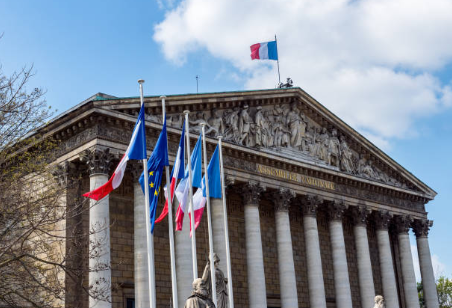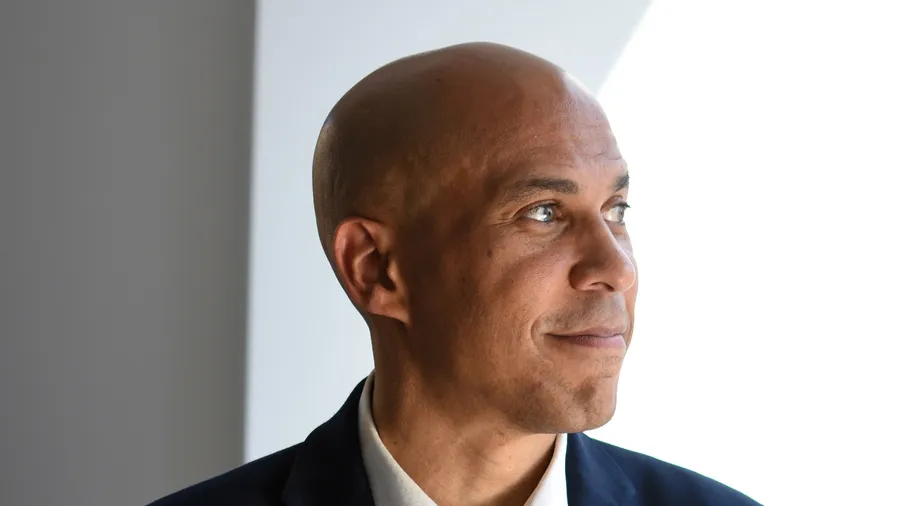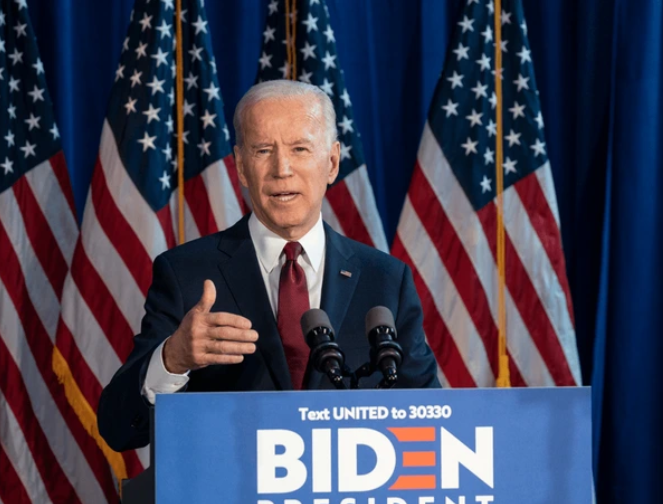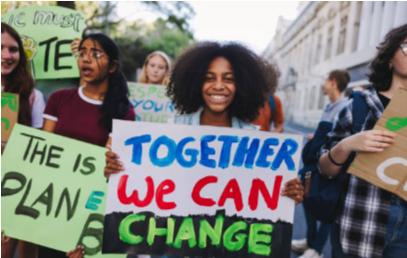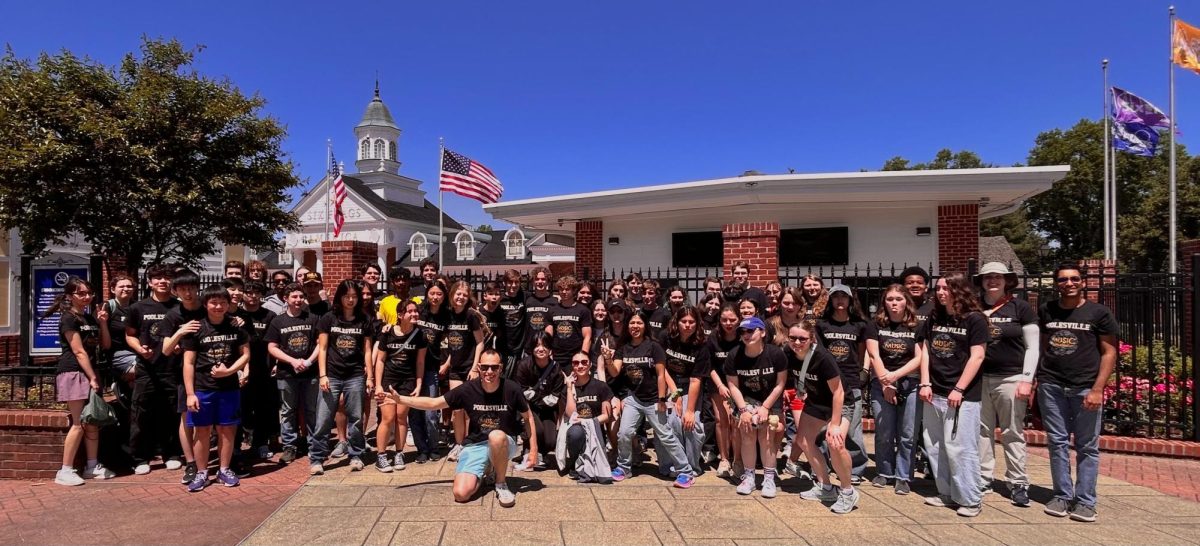On March 4, French lawmakers made history by voting in favor of an amendment guaranteeing women the right to an abortion. The amendment to Article 34 is the very first of its kind acting to protect the rollback of women’s rights. The decision to propose such an amendment was made in direct response to the U.S. Supreme Court’s decision to overturn Roe v. Wade.
One big difference between the United States and France can be seen in the difference between abortion approval statistics. According to an article written by CBS News reporter Elaine Cobbe, several opinion polls have found that more than 80% of the French population approves of amending the constitution to enshrine guaranteed abortion rights. This contrasts to the U.S., The Guardian reported on a Gallup survey that only 62% of Americans are in favor of abortions (with restrictions).
Humanities Senior Nora Rudmann commented on the potential contributing factors behind this difference.
“Abortion is an issue tied very deeply to religious beliefs in the US,” Rudmann said, “partially because of the beliefs of religious denominations themselves and partially because of the cultural narrative developed around religion’s relation to abortion rights. France, on the other hand, has a multi-party political system, and its government is significantly more secular than the United States’.”
Abortions have been legal in France since 1975, but recent global changes have spurned lawmakers into action, leading France to draft an amendment to their constitution guaranteeing women the right to an abortion. This amendment sends a message to the world on how seriously France takes women’s rights.
“I think [France’s decision is] great.” said Arjun Nair, Humanities Senior. “Very often, we see legislation restricting women from being able to legally access abortions or other reproductive health services.”
French lawmakers made the decision to amend their constitution in direct response to the United States Supreme Court’s decision to overturn Roe v. Wade. Roe v. Wade was a landmark Supreme Court case ruling that the U.S. Constitution generally guaranteed American women the right to an abortion, and hence, American lawmakers could not outlaw access to abortions.
In his opinion concurring with the decision to overturn Roe v. Wade, U.S. Supreme Court Justice Clarence Thomas spoke the reasoning behind the Supreme Court’s decision, which has stood since 22 January 1973.
“[Roe v. Wade]’s core holding — that the Constitution protects a woman’s right to abort her unborn child — finds no support in the test of the Fourteenth Amendment.” Justice Thomas wrote. “The U.S. Supreme Court’s decision to overturn Roe v. Wade was made on the grounds that the Supreme Court did not have the power to make the decision of Roe V. Wade because the U.S. Constitution makes no specific mention of abortion rights within their constitution.”
The U.S. Supreme Court’s decision shook the world, and forced many in other countries to wonder if they, too, might lose access to abortions. In response to this concern in France, AP news reported French President Emmanuel Macron had proposed the amendment guaranteeing access to abortions specifically to prevent the rollback on women’s rights seen in the United States. According to a CNN article on France’s decision to guarantee abortion rights, CNN reporters Joshua Berlinger and Xiaofei Xu reported that earlier this year both the French Senate and National Assembly overwhelmingly approved the amendment earlier this year. Previously, France had not even considered the need to include abortion guarantees within their constitution, but The Economist’s article on France’s reasoning for the amendment cites that the rollback of women’s rights seen in the U.S. was a big part of it. Most recently, the Pew Research Center’s recent research indicates that the majority of European countries are in favor of abortion rights and view abortions as women’s healthcare.
Nair recounted recent experiences in witnessing the American healthcare system as concerning to abortion care, as well as another important factor in the conversation that also prompted France lawmakers to guarantee abortion access for women.
“Women still seek out abortions whether they are safe and provided by a physician or not, ultimately leading to adverse medical effects. It’s essential that we recognize that abortions aren’t going to go away, per se; instead, we establish resources and the rights for women to have proper access to such care.”
Before the vote deciding the future of the amendment, Prime Minister Gabriel Attal addressed the lawmakers gathered in Versailles.
“We’re sending a message to all women.” Prime Minister Attal said, “Your body belongs to you and no one can decide for you.”
The voting results were clear, lawmakers from both houses voted 780 to 72 in favor of the amendment, easily clearing the required three-fifths majority to amend the French constitution. In fact, according to an ABC news article written by reporters Barbara Surk and Nicolas Garriga, none of France’s major political parties even questioned the right to abortion. Following the vote, France’s iconic Eiffel Tower was lit up with the words, “my body, my choice.”
“Going through pregnancy,” Rudmann said, “regardless of who you are, necessitates frequent medical attention from professionals trained specifically in that field; abortion, then, as a kind of medical treatment that professionals are trained to administer, is a form of healthcare.”
While a group of 200 anti-abortion protesters gathered in Versailles on March 4, a larger group of people gathered in Trocadero Plaza celebrating this historic development.


